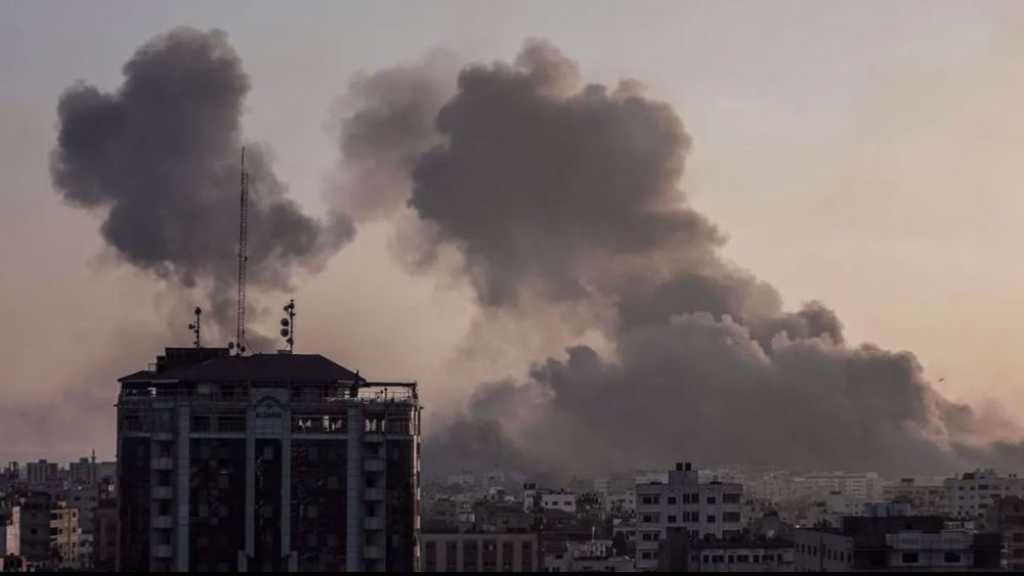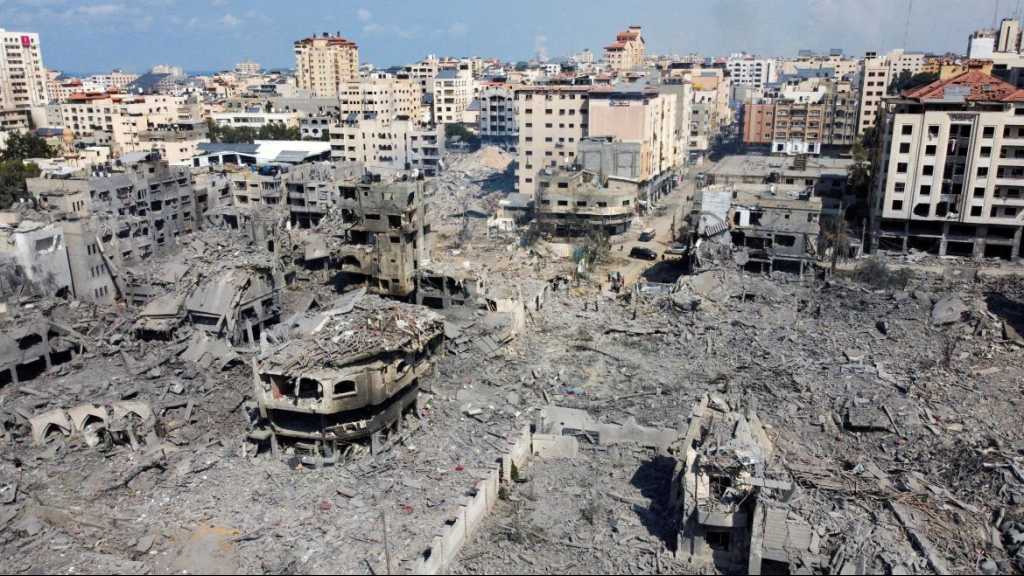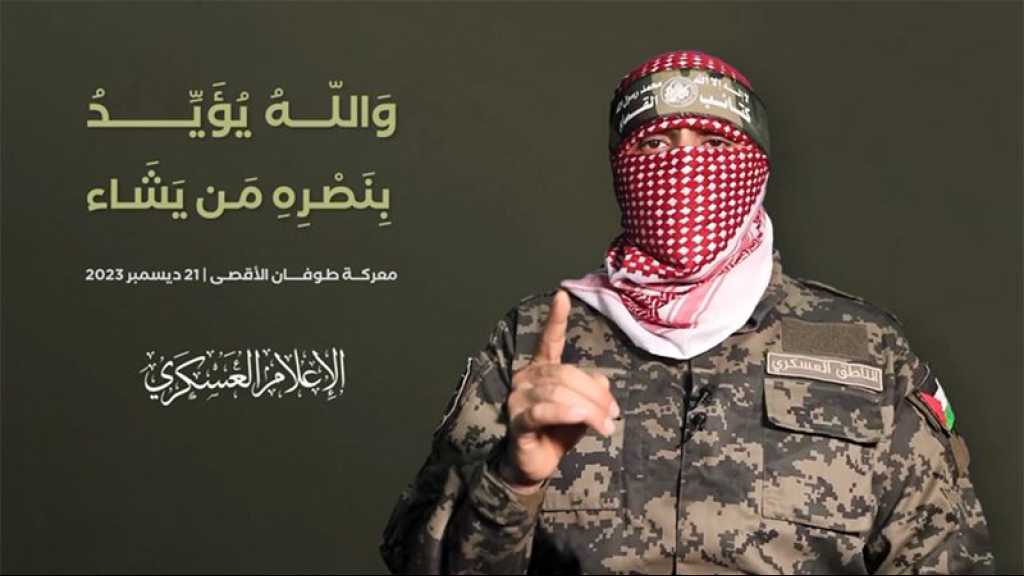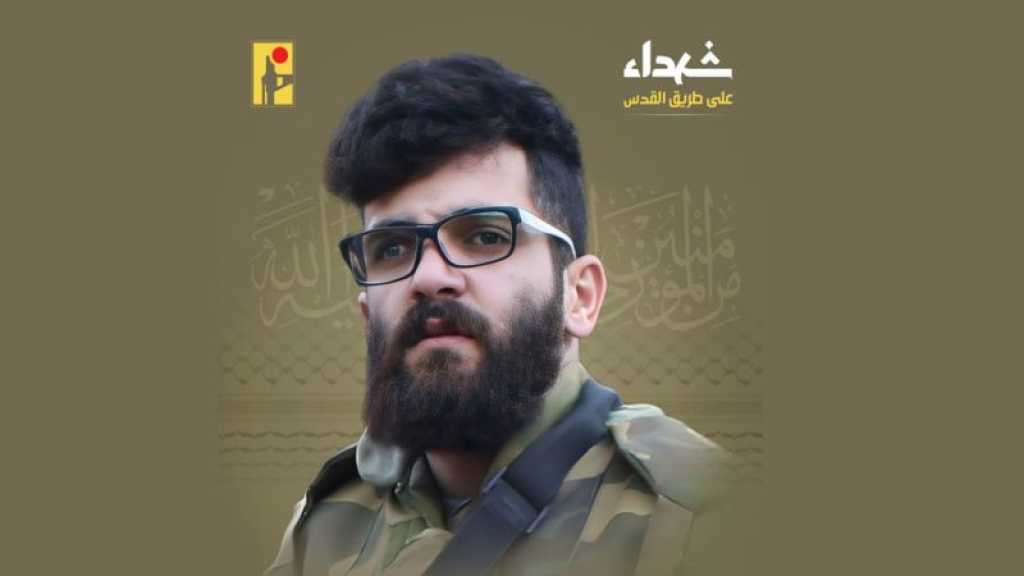
Top Diplomats Stress ‘Arab Leadership Role’ In Solution to Syria Crisis
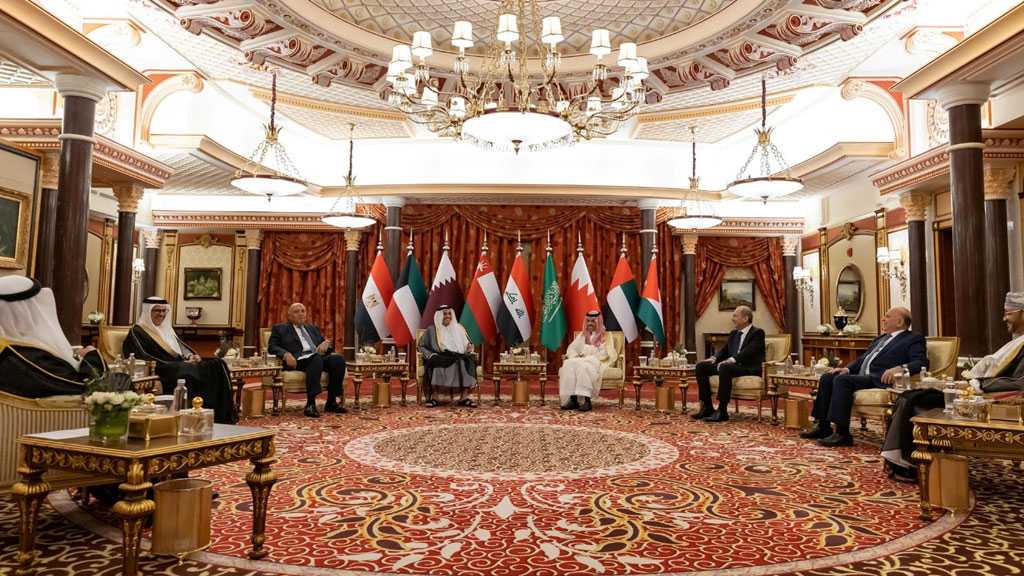
By Staff, Agencies
Top diplomats from the Gulf Cooperation Council [GCC] countries agreed that the Arab world must play a “leadership role” in efforts to find a political solution to the crisis in Syria so that its sovereignty is preserved and the return of Damascus to the Arab League facilitated.
The agreement was reached early on Saturday by the foreign ministers from the six GCC countries of Bahrain, Kuwait, Oman, Qatar, Saudi Arabia and the United Arab Emirates, plus Egypt, Iraq and Jordan, who met in Jeddah at the kingdom's request to discuss Syria's return to the fold after years of hostility with the government in Damascus.
“The ministers exchanged views on the efforts made to reach a political solution to the crisis in Syria that ends all its repercussions and preserves its unity, security and stability and its Arab identity, and restore it to its Arab surroundings in a way that achieves the good of its brotherly people,” the Saudi foreign ministry said in a statement.
“The ministers stressed that the political solution is the only solution to the crisis in Syria, and the need for an Arab leadership role in efforts to end this crisis, setting up the necessary mechanisms for that, and intensifying consultations among Arab countries to ensure the success of these efforts,” the statement added.
The top diplomats underscored the importance of combating terrorism in all its forms, and the importance of state institutions preserving Syria's sovereignty over its lands to end the presence of foreign-backed armed militants as well as foreign interference in Syria’s internal affairs.
According to the statement by the Saudi foreign ministry, the ministers also agreed on the importance of resolving the humanitarian crisis in Syria and providing the appropriate environment for aid to reach the country’s entire regions, creating the necessary conditions for the return of Syrian refugees and displaced persons to their areas, ending their suffering and enabling them to return safely to their homeland, and taking further measures that would contribute to stabilizing the situation across Syria.
The nine-nation talks came after Syria’s Foreign Minister Faisal Mikdad visited Jeddah on an unannounced trip on Wednesday, the first since the outbreak of the war, during which Mikdad and his Saudi counterpart discussed "the necessary steps" to return Damascus to the Arab League.
Syria's membership in the Arab League was suspended following the eruption of a foreign-backed militancy in the country in 2011.
In 2015, Syrian activists said that Saudi Arabia, Qatar, Jordan, and Turkey supported both al-Nusra Front, which is affiliated with al-Qaeda and the Daesh [Arabic for ‘ISIS/ISIL’] terrorist group in Syria by giving them money or allowing Wahhabi mosques to collect money for them.
Around the same time, former US Senate candidate, Mark Dankof said the United States, ‘Israel,’ and Saudi Arabia had been involved in creating the Daesh terrorist group to overthrow the legitimate Syrian government.
Saudi Arabia closed its embassy in Damascus and withdrew all diplomats in March 2012. Today, the two governments are “preparing to reopen embassies after Eid al-Fitr”, which marks the end of the holy fasting month of Ramadan, according to media reports.
The UAE also cut its relations with Syria in 2012, a year after Damascus found itself in the grips of foreign-backed violence, but it reopened its embassy in Damascus in 2018.
